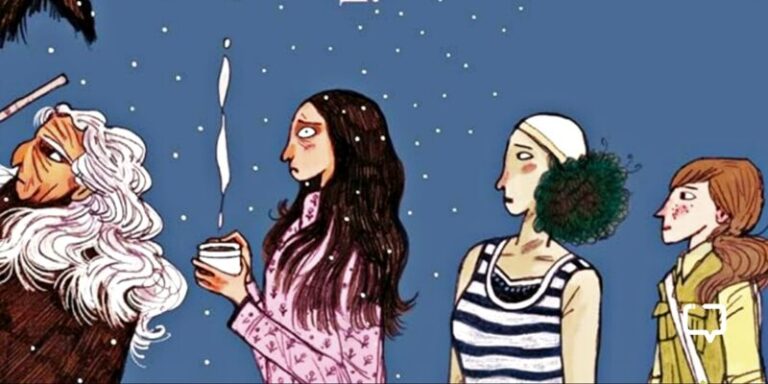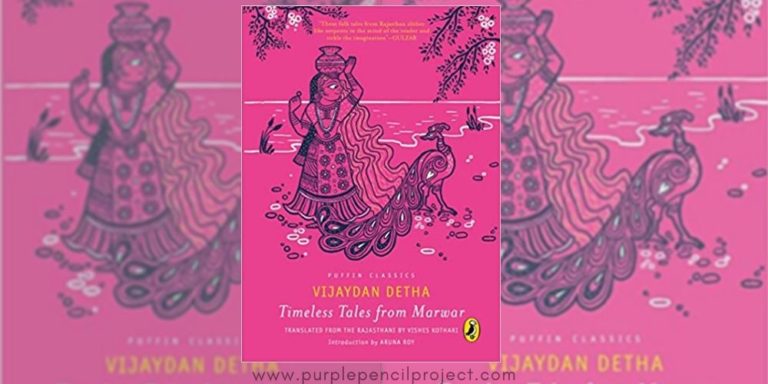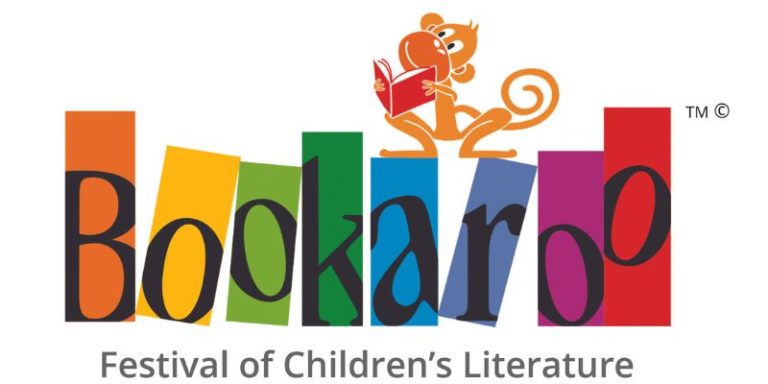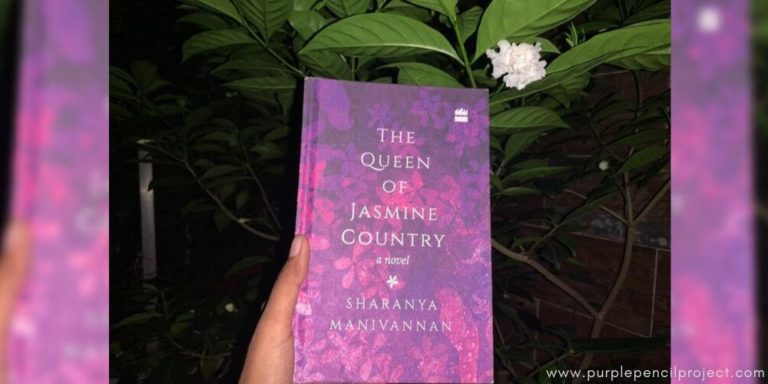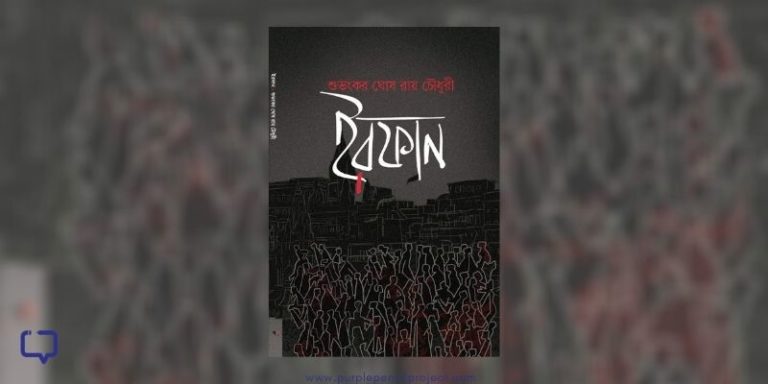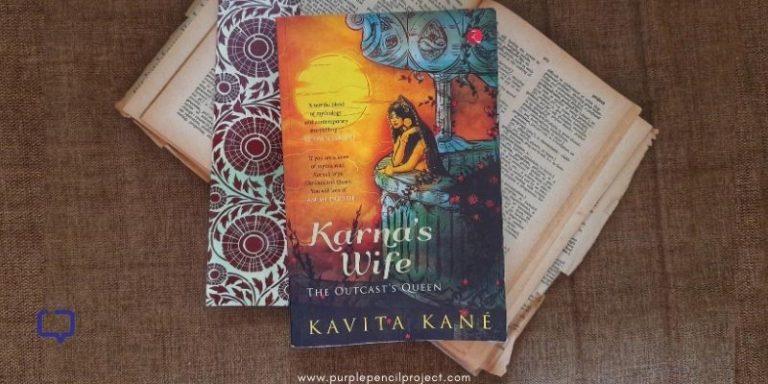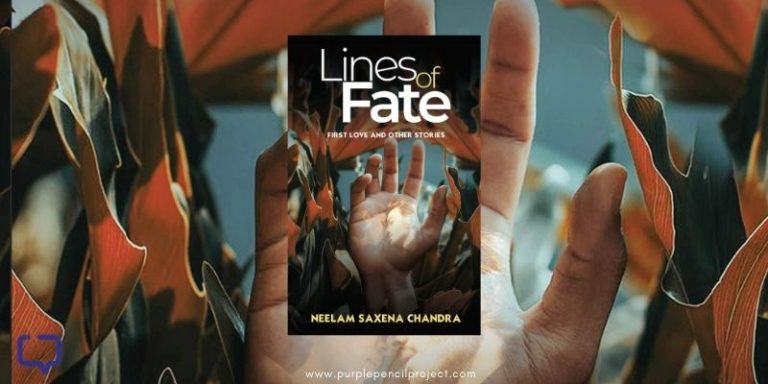Pranita Nair Pandurangi (also one of our reviewers), is a writer, a teacher, a Hindustani Classical Musician (involved in folk traditions), but above all, a fantastic storyteller.
She released her debut album ‘Rang’ recently, which is inspired by folk poetry across six Indian languages. In an email interview, she draws those connections, and shares more about the making of the album itself.
Excerpts:
What’s your album about?
It’s really about my love for Hindustani music and Indian languages. So many Indian languages are interconnected and so are the ideas surrounding folk traditions in most North Indian languages.
I grew up in the big city of Mumbai, never learning my own mother tongue (which is Malayalam) but listening instead to so many different languages – Gujarati and Marwari within our friend circles, Bhojpuri with the building watchmen and the sabziwallahs (later on, I formally started training in Bhojpuri folk), Punjabi in popular film songs (which I also picked up for a musical play), and so on. All of this influenced me in some way. I’m grateful for it.
The album comprises of six songs in six Indian languages – Marathi, Urdu, Punjabi, Marwari, Malwi, Bhojpuri. Five are traditional folk songs that are reimagined and rearranged whereas one of them is an original composition – a ghazal composed by me and written by Shamim Jaipuri.
What is the album’s connection to poetry?
The Marathi track (video above) is an abhang by Sant Tukaram. I’ve briefly studied about the Bhakti movement and the literature it draws upon which abhang is a part of.
The Punjabi track talks about the Sufi love legend of Heer-Ranjha. Again, that’s a huge part of classic Punjabi literature and its themes influence the music of Punjab and of Bollywood even today.
For the ghazal, I chose one written by Shamim Jaipuri. It always fascinated me how many different interpretations a single shayari in Urdu can have.
The Bhojpuri track is a traditional Holi folk song, whereas the Marwari track is a traditional ghoomar. These are to do with dance and folk traditions and festivals. Again, the themes of playfulness and festivity influence Bhojpuri and Marwari literature and music in a big way. Finally, we have a poem by Kabir, which is of a powerful spiritual thought and has layers of different meanings, much like his whole body of work.
Who are the poets and writers who have influenced your work at large, and this album in particular?
In the last four years, I’ve been addicted to Basheer Badr’s ghazals and also to different interpretations of ‘Heer’. There’s also a Punjabi Sufi poet Shah Hussain whose work I’ve been looking into and researching on. These have all been at the back of my head while ‘Rang’ was being recorded. Not to mention Norah Jones. Her writing and music have always captivated me and has perhaps influenced the album in an indirect, if not direct way.
How, according to you, does music add to literature?
Well, I believe good music and literature go hand in hand. I personally sing songs and am captivated by music that also has thought-provoking lyrics.
As a former student of literature, I look very deeply and critically into the words of whatever I sing, in every single language I sing in. It’s essential to know fully what I am singing and why I am singing it and in what emotional and even political context. This is important to me, and I believe music is a way to sustain and reflect good literature.
Had I been an instrumentalist, the process would have been different. But as a vocalist and someone who draws on poetry for inspiration, the words become vital to my music.
Which is your preferred form of art – writer/music – and which one is more challenging?
I write journalistic and research-based articles on music and culture.
Interestingly, I follow the same process of composing or arranging a song. First, I put all the big ideas together and then slowly, take them apart and break them down.
I’m also extremely self-critical so I make sure to examine my work at each step of the way. Writing is more challenging than singing or making music at this point, as the latter simply comes more naturally to me.
But working on music can be very emotionally draining and writing is a good respite from that. I also used to perform storytelling concerts where I combined stories and poetry with music. I love experimenting with different art forms.
Would you recommend books/stories for our readers to appreciate the music of Rang better?
The one that inspired me and that set this album in motion was ‘The Lost World of Hindustani Classical Music’ by Kumar Prasad Mukherjee.
In Hindi, there is ‘Heer Ranjha’ by Kaifi Azmi, which is a compelling read, as well as Amrita Pritam’s Raseedi Ticket.
There’s also ‘Tales from the Lands of the Sufis’ by Mojdeh Bayat and Mohammed Ali Jamnia.
‘Forty Rules of Love’ by Elif Shafak is what I keep going back to when I’m bored or need inspiration to practice.
There is one particular nautanki called ‘Aurat Ka Pyaar’ in Hindi or Bhojpuri – I’m not sure which one, which used to be performed in pre-independent Uttar Pradesh and Bihar and was very popular.
Copies of this are hard to find but I had the chance to browse through one and it was an amazing insight into the cultural milieu of that age. This is connected to folk music in UP and Bhojpuri and nautanki culture.
When does Rang release, and how can people buy it?
Three singles from the album have released on YouTube. Following this, all the other singles will be released. Once the album is up on Apple Music, you can buy it from there. I might do a small print run based on how many people would be interested in getting the physical copy.
Finally, give us you five favourite folk-writers?
Meera bai, Shah Hussain, Sant Tukaram, Bulleh Shah and Kabir. All of them have led such interesting lives, and have an aura of mystery surrounding them. There’s still much to be discovered in their music and poetry. Their message of Oneness is needed now than ever before.
Pranita Nair Pandurangi is singer, writer and theatre artist based in Bombay. You can subscribe to her YouTube channel Pranita NP for more music.











